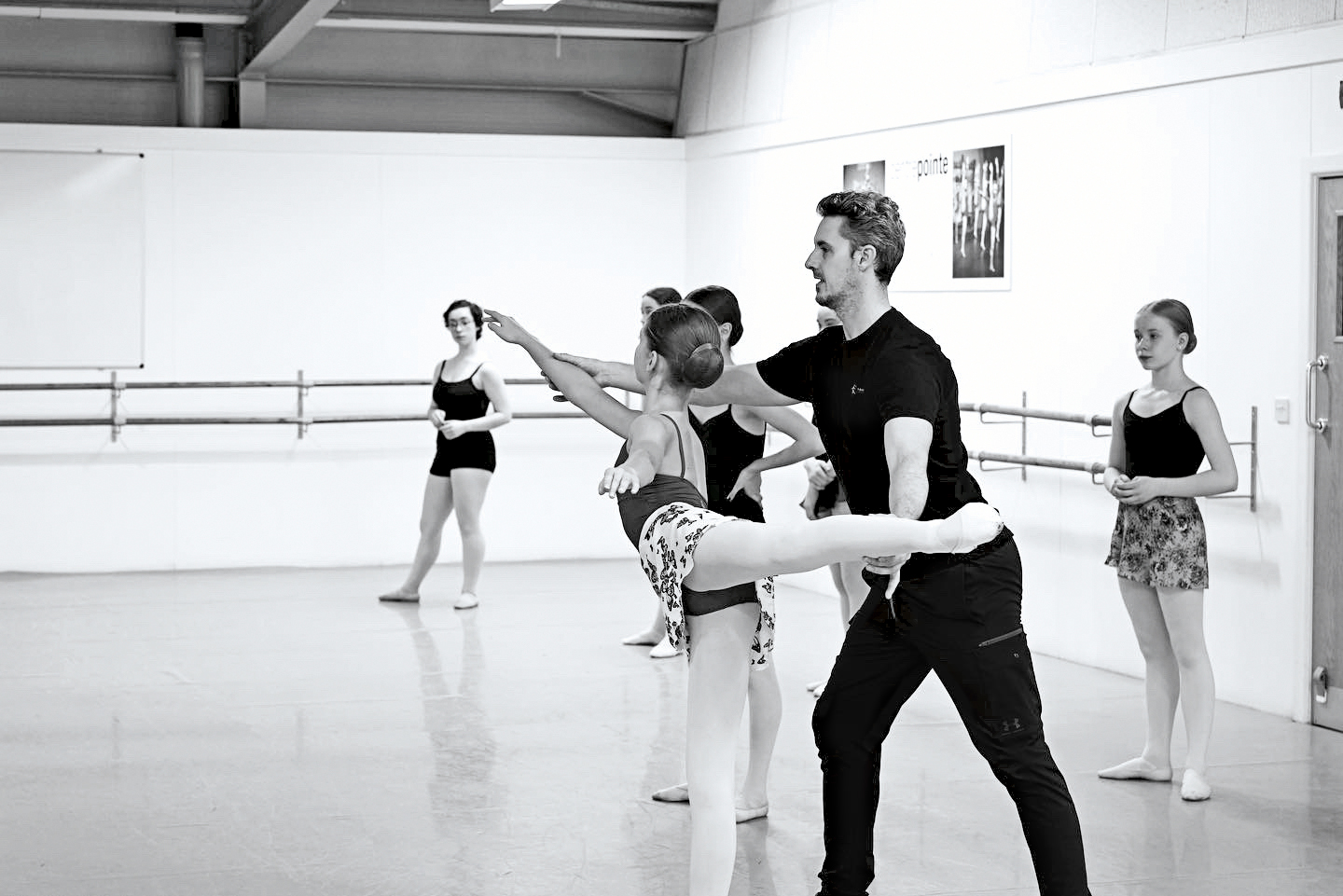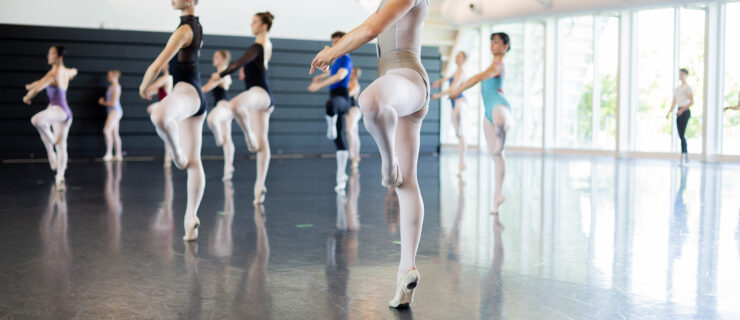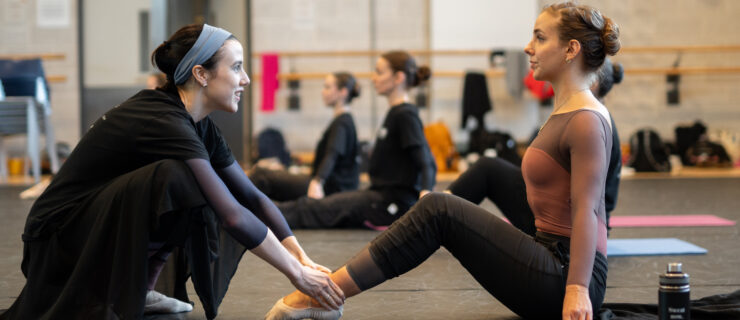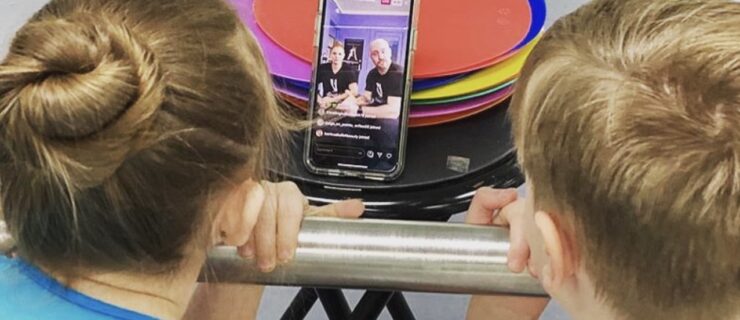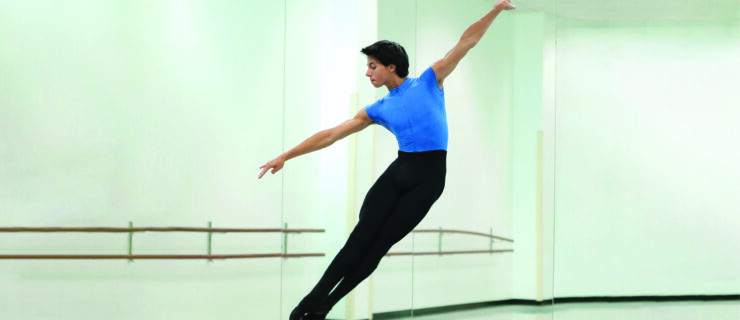A Growing Number of Mentorship Programs Aim to Guide and Support Dancers
At universities and in industries like business or technology, mentorship programs and career coaches often help students and new employees navigate their professional tracks. In ballet, teachers traditionally serve as mentors to their students. But with the convenience of virtual tools like Zoom and concerns like mental health becoming a growing priority, more structured mentorship resources and fee-based coaching services are becoming available.
“I had mentors as a young dancer, but it was nothing formalized,” says Iain Mackay, a former principal with Birmingham Royal Ballet and founder of Coached by Iain. “I think the benefits of having a mentor are underestimated and it’s really underexplored territory in the dance world.”
When choosing to work with a mentorship program or coaching service, dancers should first identify what kind of help they’re seeking (e.g., audition help, guidance through a transition period; advice on training and pursuing a professional career) and share that with the mentor or coach in order to determine how long and how often to meet. Some may help you through a specific phase of your studies or employment, while others may support you longer-term.
An Outside Point of View
Getting the perspective of someone other than a teacher can have its benefits.
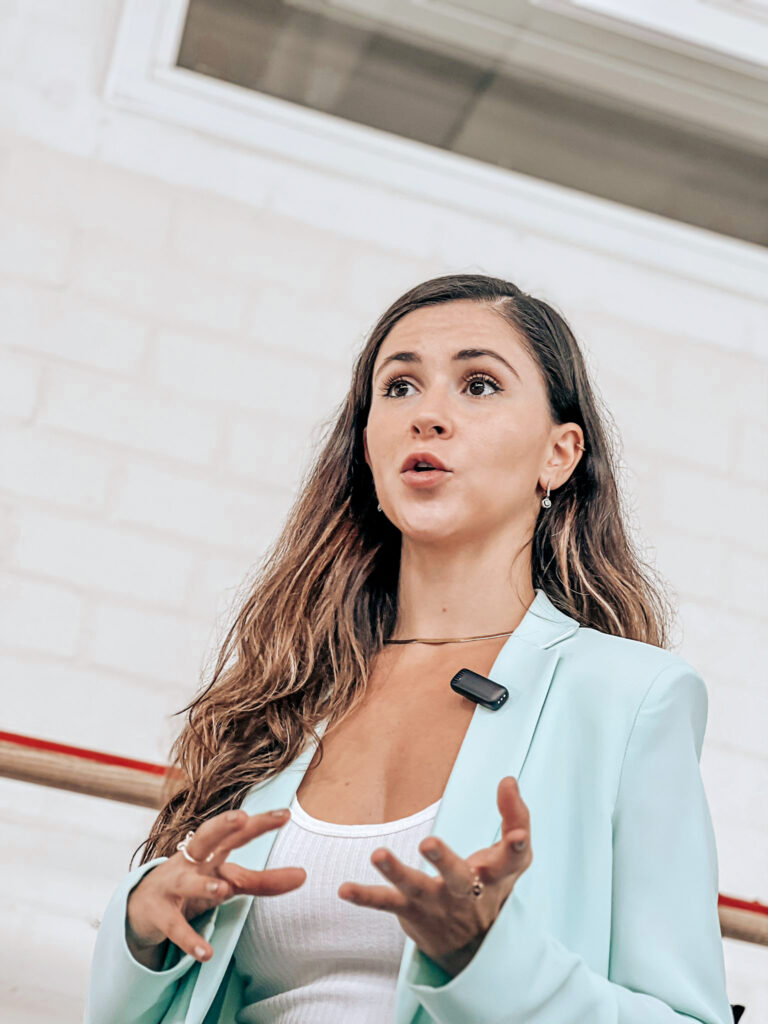
“Being removed from their daily routine, I can create a safe space for students and their parents to ask questions,” explains Mackay, who currently advises three young dancers. “For example, I am mentoring a student who is undecided about staying at her school or taking an offer from another institution. That might be something hard to discuss with her current teacher. So being a neutral soundboard can be really helpful.”
Naira Agvanean, a soloist with the Dutch National Ballet, created Naira Agvanean Coaching, where she supports dancers as a certified iPEC coach (the Institute for Professional Excellence in Coaching). She stresses that success in the high-performance world of ballet requires holistic care, which is sometimes overlooked during training. This is why she also serves as a neuro-linguistic programming practitioner, where she helps pre-professional and professional dancers reframe their belief systems to create and achieve their goals and navigate challenges.
“From a young age, there is so much focus on technique and the physical side of dance, and less on developing the right mindset,” explains Agvanean. “I help dancers get to the place they want to be [in their career] while becoming aware of any roadblocks that can stand in their way to achieving that.”
In-House Programs
Pre-professional institutions are also getting on board, including the School of American Ballet and American Ballet Theatre’s Jacqueline Kennedy Onassis School, by offering in-house mentoring programs for students and apprentices. Fostering communication and making young dancers feel less alone is what motivated Pacific Northwest Ballet soloist Amanda Morgan to develop PNB School’s mentorship program in 2020, while she was a member of the company’s Inclusion, Diversity, Equity and Accessibility (IDEA) Committee. Morgan spearheaded the program with PNB principal Cecilia Iliesiu, who she credits as someone that “embodied what it was like to be a mentor” during her early years in the company.
“I was hearing a lot of things from students, particularly dancers of color, feeling like they didn’t have someone they could talk to about what they were experiencing,” says Morgan. “I wanted to make sure students felt heard and had someone they could go to for questions on things like auditions or body image issues. It’s good to talk to people who have also experienced those things, so they know they aren’t the only ones going through them.” Now, 11 company members serve as mentors for the top six levels at PNB School. Each level meets as a group with their two designated mentors on a specific discussion topic each month. Students also meet once a month with Josh Spell, PNB’s consulting therapist and a former company dancer himself.
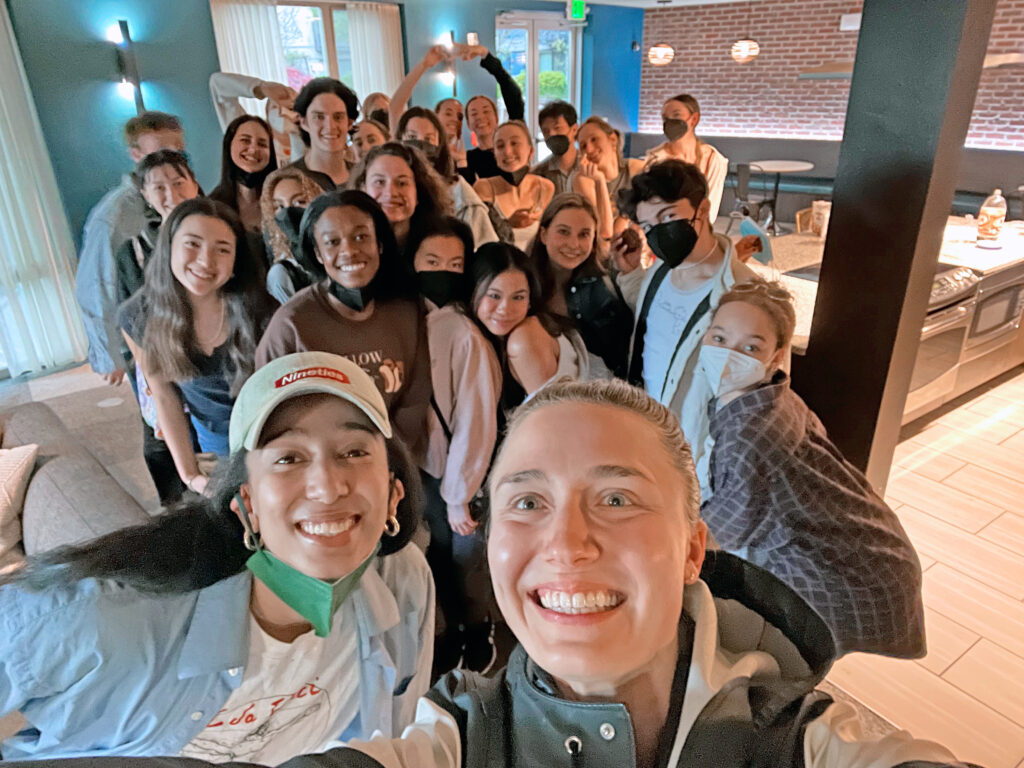
Easing Transitions
While a mentorship program can be instrumental during any stage of a dancer’s training or career, they can be particularly helpful when navigating key transitions. Mackay, who graduated from the Royal Ballet School, says those “pivotal moments,” like entering a vocational school or gaining employment after graduation, can be very overwhelming. Talking with someone who “can see past that moment and help you think through things” can be especially meaningful.
Iliesiu witnessed that firsthand as she was mentoring PNB School’s Professional Division students who were in the midst of company auditions. She guided them by offering both emotional support and business templates (such as resumé help). The experience inspired Iliesiu to create Ballet Life Coach so she could continue providing one-on-one coaching and resources for dancers going through auditions.
Agvanean points out that mentorship can not only be useful for those in school, but to new company dancers, as well—especially those in big ballet companies such as hers.
“When you’re in school, you’re nurtured much more and there is a lot of emphasis put on your development. But once you are in a company, that shifts majorly; you are basically on your own,” says Agvanean. “This is when I love to come in, because I like to help dancers take a step back and create goals for themselves so they can continue growing.”
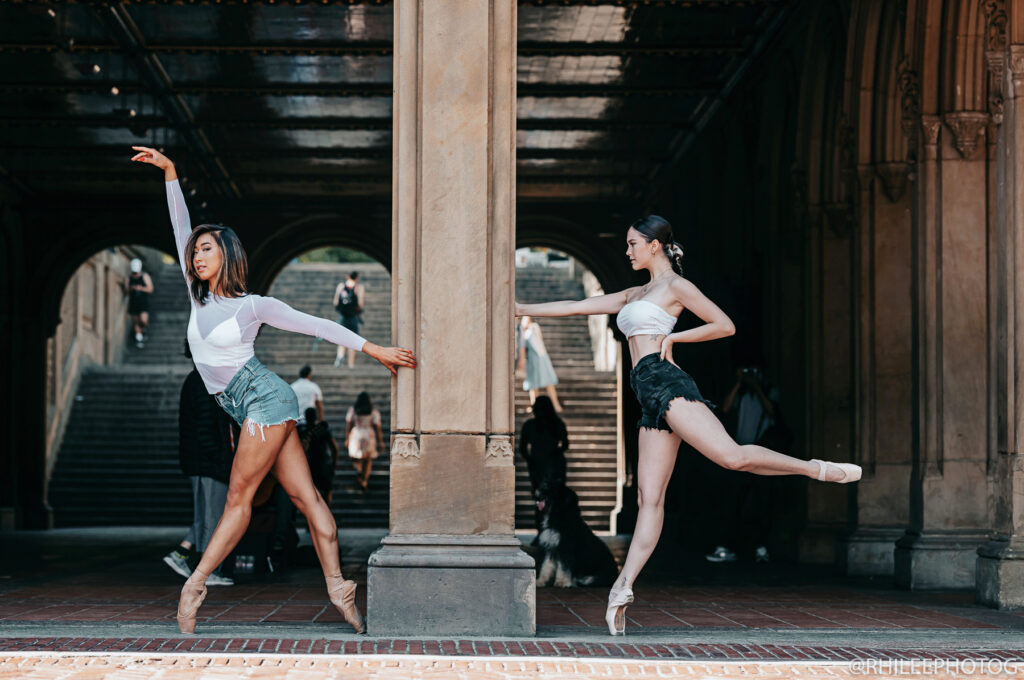
Some dancers may be considering college instead. PointePeople co-founder Victoria Paige Moudgil, who pursued her BFA in dance from New York University’s Tisch School of the Arts, acknowledges it would have been beneficial to “hear firsthand from someone outside of a parent or teacher to ask, ‘Is college a good path to go down?’ ”
Wanting to educate and empower dancers, PointePeople, a maker of ballet shoe paint, tights and essential oils, launched a free mentorship program in the fall of 2020 to connect young dancers ages 13 to 17 with industry professionals. Past mentors, among many others, have included Amanda Smith, Christine Shevchenko and Sasha De Sola, choreographer Rena Butler and contemporary artist Candy Tong. Mentees meet virtually on Zoom with their mentors over a four-month period.
Look Around You
Morgan and Iliesiu also encourage dancers to think outside the box when it comes to finding a mentor.
“A mentor could be someone two levels above you in your school; a principal dancer; an apprentice. It really could be anyone that you have shared values with and whose work ethic you admire,” advises Iliesiu. “If it’s someone you aspire to be, just befriend them and genuinely get to know that person. After the relationship builds, it can become a natural mentorship.”
Morgan also suggests looking outside of the dance world, since individuals from other industries can be sources of inspiration and offer a unique perspective.
“I have found that even people in my local community can be mentors too,” says Morgan. “Sometimes it’s just finding an adult who is creative or artistically inclined who can listen and support you in your goals and dreams. Everyone has the capacity to be that for someone else.”
